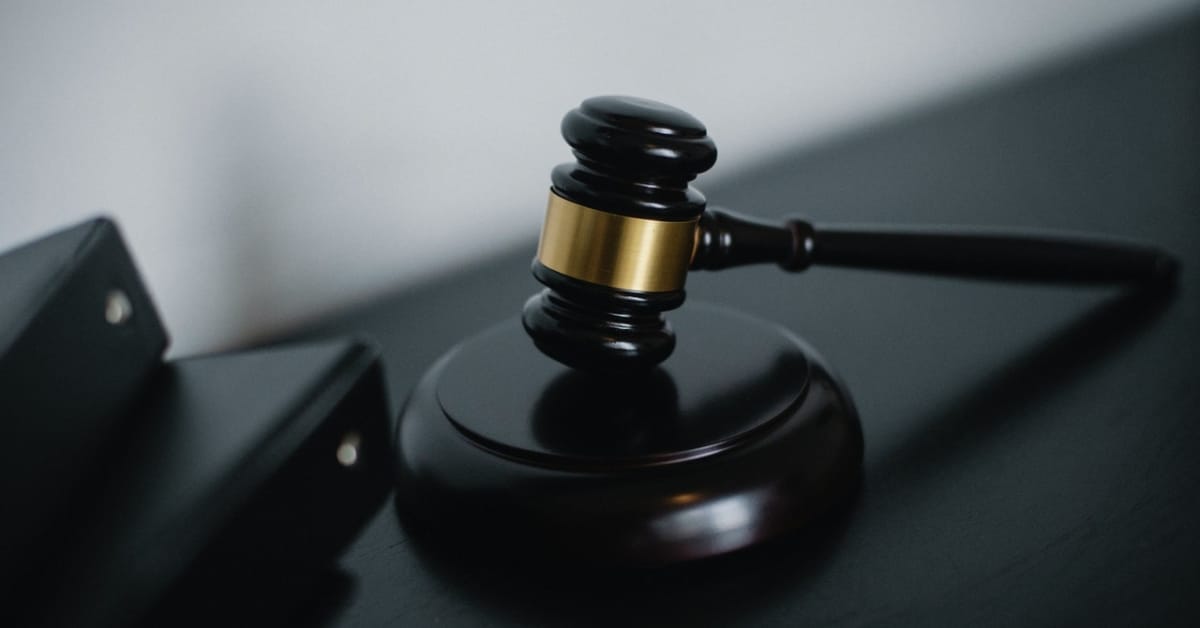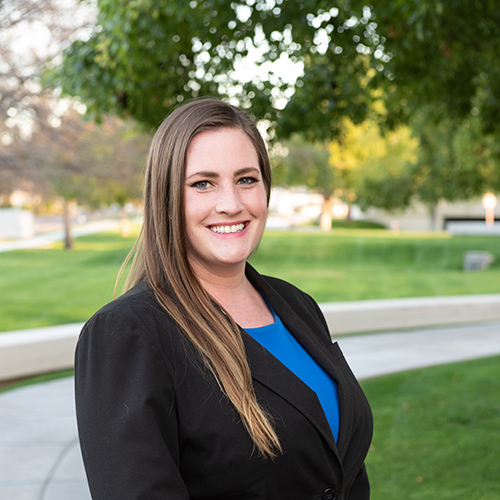New Legal Profession Starting in Arizona
Originally Published by Kyra Haas of Arizona Capital Times
Ten nonlawyer legal paraprofessionals will soon begin work in Arizona, offering legal services in limited practice areas previously restricted to licensed attorneys.
The creation of this new level of legal services provider is an effort to narrow the “justice gap.” That’s the difference between low-income people’s civil legal needs and the resources available to meet them, according to the Legal Services Corporation, the country’s largest funder of that aid.
“Research on unmet civil legal needs suggest that around 80% of such need does not make it into a court. At the same time, legal aid organizations are able to satisfy less than half of those that request legal help,” according to a 2019 report from the Arizona Supreme Court Task Force on the Delivery of Legal Services.
One of the task force’s recommendations was to create this program. Utah and Washington state have launched similar programs. States including California, Colorado, Nevada, New Mexico, New York and Oregon are exploring the possibility.
The Arizona Supreme Court’s Board of Nonlawyer Legal Service Providers licensed these first 10 legal paraprofessionals in late November. They’ll soon be affiliate members of the State Bar of Arizona, and then they can start offering these limited services without the supervision of an attorney. The limited areas of practice include family law, limited jurisdiction civil, limited jurisdiction criminal and administrative law. Before applying for a license, individuals must pass a core exam and an exam for their specific practice area.
The paraprofessionals will cover a middle ground, performing legal work that may not be cost-effective for an attorney but may also be too complicated for an individual to tackle on their own.
Amber Labadie said she can work with a typical family law client who doesn’t have elaborate financial issues but still needs help with something like a divorce or a custody issue.
“A lot of times they (clients) are quoted $5,000, $10,000 retainers,” she said. “Because I’m not an attorney, I can do that at a lower cost.”
To date, 21 people have passed the two exams required to apply for a license.
With a 40-year legal career, freshly licensed Labadie, like the others in this first group, qualified to be a legal paraprofessional because of her legal experience, coupled with passing the required exams. To qualify, applicants had to have spent seven of the past 10 years working as a paralegal. Labadie said she was excited there is now a step between a paralegal and an attorney, similar to what a nurse practitioner is to a doctor.
“I saw it as an opportunity to go further because I can’t as a paralegal – that was as far as I could go,” Labadie said.
The new legal paraprofessionals are required to follow the state Supreme Court’s Rules of Professional Conduct. They must complete continuing education and can face investigation and disciplinary sanctions for rules violations like other members of the Bar.
While the first group qualified through experience, colleges and universities are also adapting and/or building programs for students to qualify through education or a combination of education and experience, said Suzanne Porter, legal service programs manager for the Arizona Supreme Court.
“I think the interest is greater than the numbers would show just yet, given that there are still education programs in development,” Porter said.
Labadie has worked at Lewis Labadie, a small law firm with offices in Tempe and Maricopa, since 2016. Her daughter Brittany Labadie is the firm’s managing partner. Amber Labadie said that the firm has started to move away from family law, but with her new license, she wants to bring some of that back in a more affordable way.
“The clients who have millions of dollars are going to go hire a big-time lawyer – they’re not going to hire an LP,” Labadie said. “It’s the hard-working middle-class people who need legal advice or legal help that an LP should be able to offer.”
Family law is the area with the most need, according to the 2019 report from the state Supreme Court’s task force.
Hiring a lawyer is often cost-prohibitive, leading some to either represent themselves or simply not address the legal issue, the report found. Explaining how to navigate the courts isn’t enough, the task force members stated.
Brittany Labadie is the Managing Partner at Lewis Labadie. She has been working with Lewis Labadie since it opened. Her current focus is with adoption cases, including juvenile adoptions, adult adoptions, foster care adoptions, same-sex adoption, surrogacy adoptions, and when necessary termination of parental rights. She works throughout the State of Arizona.




